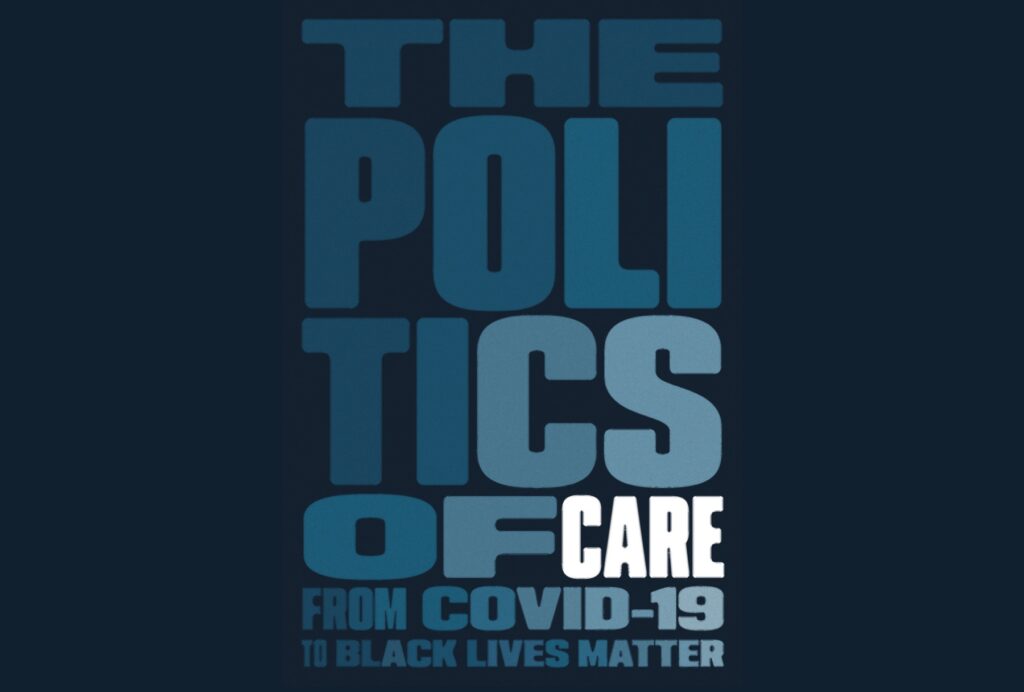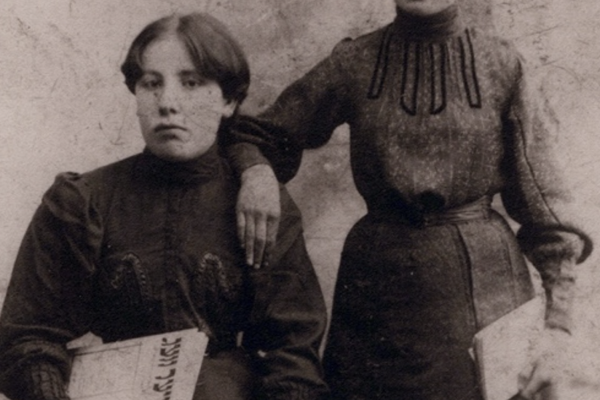Over the past six months, the COVID-19 pandemic has upended our individual and social lives. As we write, it has killed at least 160,000 Americans and more than 700,000 people globally. Apocalyptic in the original meaning of the term—a disclosure or revelation—the pandemic has exposed the political and economic arrangements that enabled its terrible human devastation.
Working from home, feeling the sense of urgency, and hoping to respond constructively to the crisis, we nearly tripled our normal volume of Boston Review online publishing. Essays came from a mix of longtime contributors and new voices—thinkers who could speak directly to the moment, and who share our commitment to the power of collective reasoning and imagination to create a more just world. We called the series “Thinking in a Pandemic.”
And then we watched—with horror and indignation—the killing of George Floyd. So our efforts to provide a forum for people to speak to the pandemic—including the racial disparities in its impact—converged with our longstanding commitment to providing a forum for hard thinking about racial justice.
This volume includes some of the best of those separate but related efforts: clear-eyed looks at the pandemic and racism, along with ideas about the way toward a new kind of politics—what Gregg Gonsalves and Amy Kapczynski call “a politics of care”—that centers people’s basic needs and connections to fellow citizens, the global community, and the natural world. Thee contributions draw on their authors’ varied backgrounds—public health to philosophy, history to economics, literature to activism—but together they point to a future in which, as Simon Waxman writes, “no one is disposable.”








